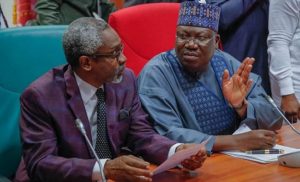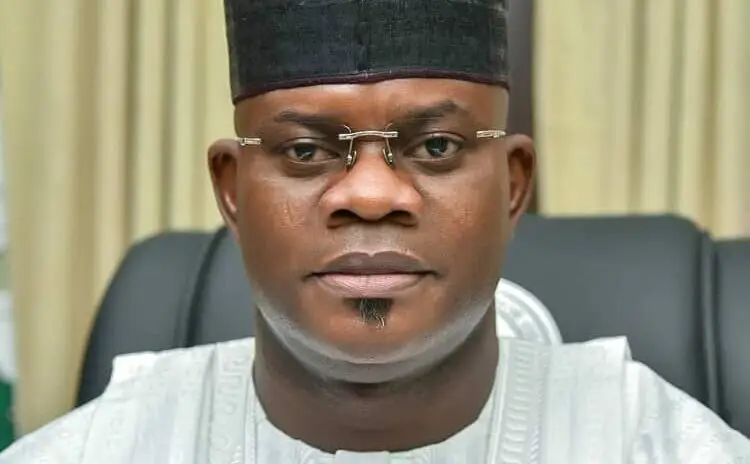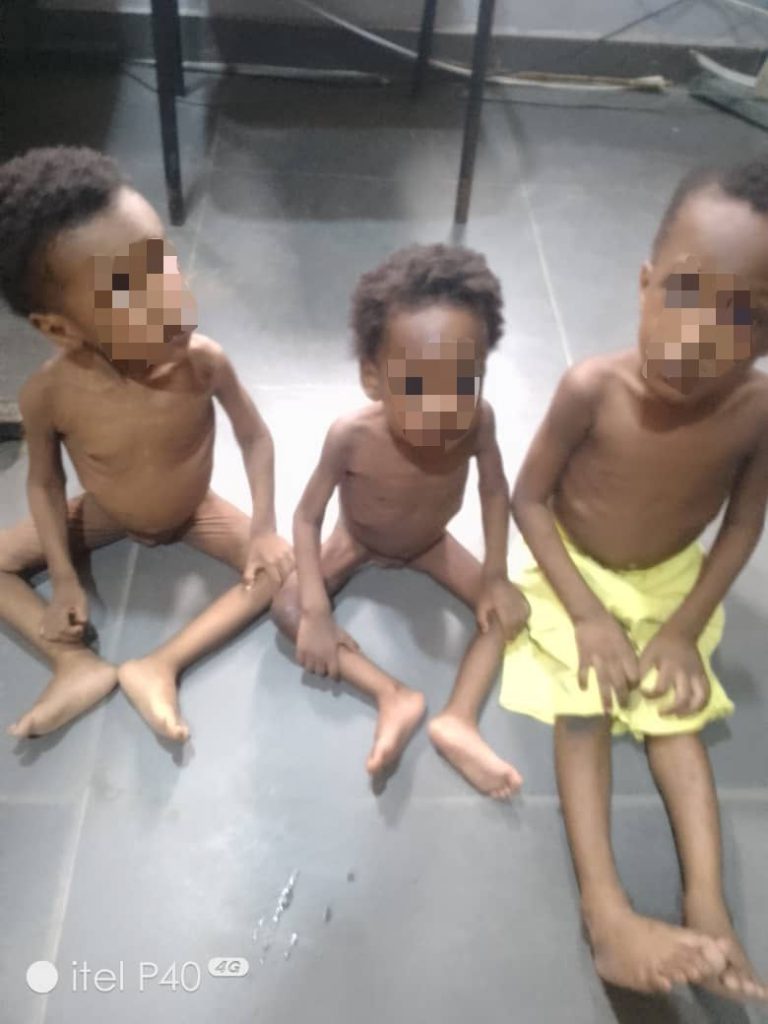Implementation of the Federal Government’s Social Investment Programmes has been faulted by the leadership of the National Assembly, noting that the conditions set by officials most times excluded poor Nigerians for which the initiative is intended.
The Senate President, Ahmad Lawan, and the Speaker of the House of Representatives, Femi Gbajabiamila, made these observations about the SIP on Tuesday when they met with the Minister of Humanitarian Affairs, Disaster Management and Social Development, Sadiya Farouq, and other top officials of the ministry.
Also in the meeting were the Deputy Senate President, Ovie Omo-Agege, the Deputy Speaker, Idris Wase, and some other principal officers from both chambers.
The meeting between the leadership of the National Assembly and the ministry was to review the Federal Government’s palliatives to Nigerians, especially as they concern the ongoing coronavirus pandemic.
The Senate President said the Social Investment Programme, which was established by the Presidency in 2016, needed reform to make it more effective.
He said, “We feel that we need to work together with you to ensure that there is effectiveness and efficiency so that those who are supposed to benefit, benefit directly. When, for example, some conditions are set, that those who will benefit will have to go online, through the internet or must have Bank Verification Number and the rest of it.
“I want to tell you that the majority of those who are supposed to benefit have no access to power. They have no access to Internet. They have no bank account, so no BVN. In fact, many of them don’t even have phones and these are the poorest of the poor. Yet, some of the conditions or guidelines which you set inadvertently leave them out.”
Lawan noted that the poorest of the poor had not been sufficiently captured by the programme.
“We believe that when we work together; the Executive side of government and the National Assembly as representatives of the people, we will be able to reach many more of these people who are in serious distress even before the coronavirus outbreak.
“Now with coronavirus, they need our attention more than ever before. The time has come that we review the ways and manner we use to deliver the services under the SIP to Nigerians.
“So, we need to put on our thinking cap and work out some strategies on how to identify the poorest persons in Nigeria. I think we have not been able to reach far out there to get them properly captured,” the Senate President added.
Also, Gbajabiamila told the minister that she was in the eye of the storm as all eyes were on her to deliver the Federal Government’s palliatives.
He said, “Your job right now is probably the most important as we speak, because you are saddled with the responsibility of alleviating poverty or the hardship, due to no fault of anyone, being thrust upon Nigerians.
“The questions are going to be asked; how do you come about your lists? How comprehensive is your distribution list? What are the parameters? What is the geographical spread? So these are tough questions that are going to be asked but I want you to look at them as frank questions that we need to ask.”
Gbajabiamila added that Nigeria’s SIP was similar to the Unemployment Insurance Act in the United Kingdom and the Social Security Act in the United States.
In her response, the minister said the SIP was moved to her ministry for sustainability and institutionalisation.
“I am very pleased to hear that we are going to work together to see that we give a legal backing to this programme because that is the only way to go,” she noted.
Poor Nigerians excluded from FG social investment initiative –National Assembly






